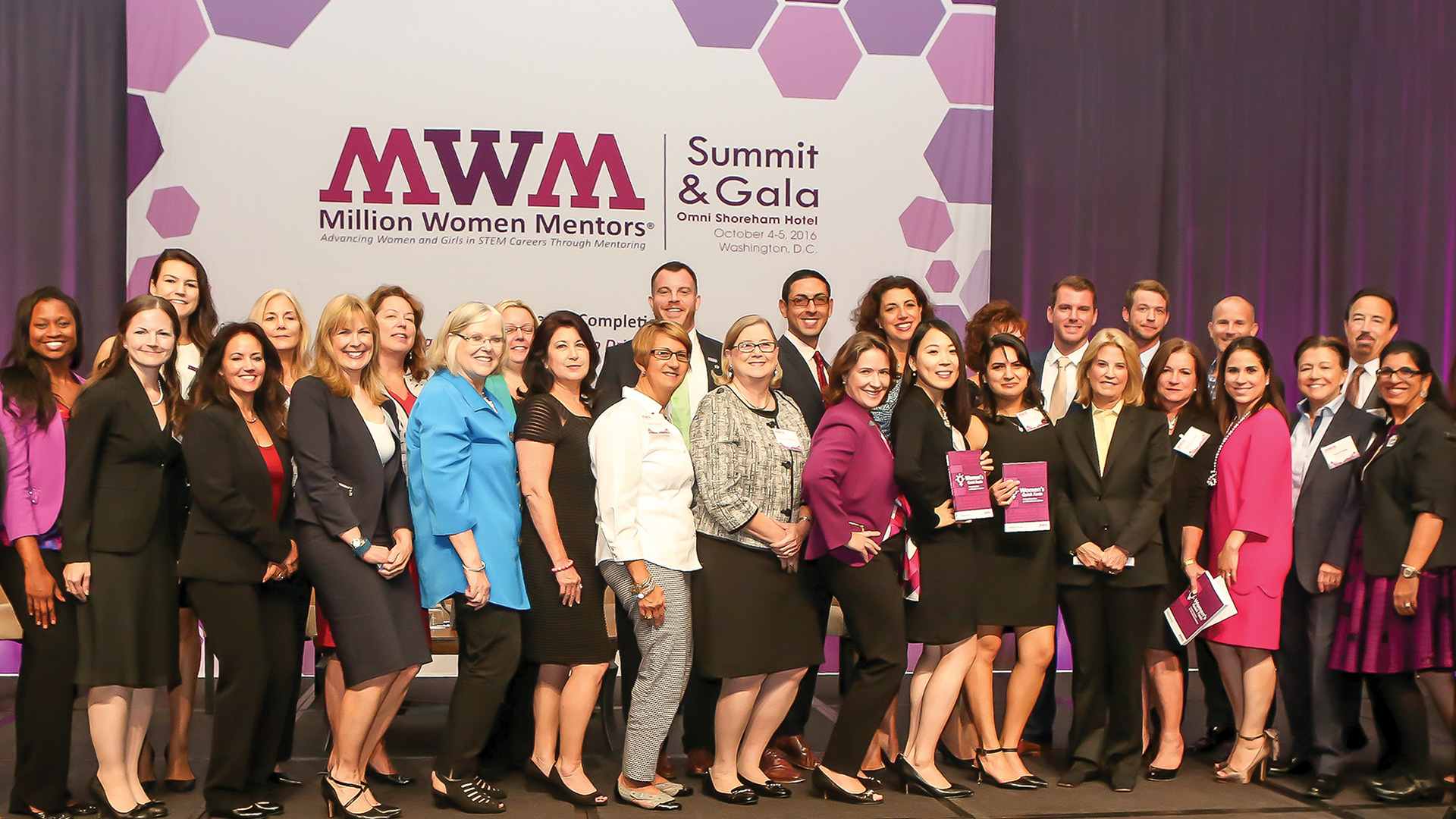March 2018 | 1040 words | 4-minute read
Tata Consultancy Services, with 134,000 women employees, is an example of how diversity can be good for business.
Technological advancement has become a key differentiator between organisations, countries and economies. It is transforming industries at an unprecedented clip, along with creating and reinventing jobs and sources of wealth at a breakneck pace. A recent survey of technology companies revealed that, on an average, women comprise about one-third of the workforce, with few of them holding leadership positions. African American, Latino, and Native American employees make up only 12-15% of the overall tech workforce compared to 31% of the general labour force.
Studies indicate that the tech industry could generate an additional $320-$390 billion every year if the gender diversity of its headcount reflected that of the talent pool. Therefore, organisations need to start thinking about diversity and inclusion as a journey of improvement, and not merely as a checkbox. Here's the Tata Consultancy Services (TCS) perspective on enabling diversity and inclusion.
Have an integrated approach
Diversity and inclusion is about understanding the unique skills and perspectives of an individual and creating an environment that encourages and respects these to the benefit of the organisation. An effective diversity approach is one that integrates this perspective into all processes of the organisation, to the extent that diversity becomes a way of life. TCS has a talent pool of 384,792 employees, over a third of which are women. As much as 85% of its employees belong to Gen Y. The company understands that diversity comes in many forms — gender, race, religion, sexual orientation, age, culture, etc. The focus on inclusion should be on a complete buy-in and creating allies and advocates within the organisation. Today, the social engagement platforms of TCS connect 300,000 users to senior officials, allowing open dialogue and idea sharing.
Improve core competencies
TCS functions on a simple philosophy — the diversity of its customer base should reflect in its workforce too. With 134,000 women in its global workforce, the company is among the world's largest private sector employers of female STEM talent. Structured programmes have helped achieve this, such as:
1. Network to Win (nWin)
Mentors are assigned to provide guidance on career aspirations, work-life integration, organisational culture, leadership development, etc. This is facilitated through formal and informal networking, coffee and virtual live chats, and panel discussions. Nearly 80% of the company's female staff has been covered under this programme.
2. iExcel
A training programme for high-performing women managers, who are at a critical point in their career goals and are progressing towards leadership roles, iExcel is a comprehensive programme with focus on employees’ core business competencies and personal effectiveness. Since inception in 2011, around 400 women have benefitted from iExcel. Going beyond workforce development, TCS is creating greater employment opportunities for women. An example of this is the all-women centre for business processes and IT services at Riyadh. This is a one-of-a-kind, all-women employee office with over 1,000 women, of which 85% are Saudi nationals.
Diversity for innovation
Research studies have indicated that diverse groups often outperform homogeneous ones. For TCS, diversity boosts its ability to ideate and deliver novel solutions. While addressing a challenge, the diversity of thought from various employees ensures several interpretations and numerous solutions to a problem. With a large chunk of millennials in its workforce, TCS has embraced age diversity to create a collaborative work culture, while promoting learning and reverse learning to build stronger teams.
To upgrade the ‘digital quotient’ of its associates, the company has trained over 200,000 employees in 500,000 new digital competencies and obtained 1.1 million certifications. This has been achieved by providing ‘anytime, anywhere’ access to high-class content on the ever-evolving internal TCS learning platform.
Lead the change
Digital fluency today is critical in advancing the agenda of inclusion because it increases the chances of diverse talent getting paid work. Its potential impact is life-changing; nearly 100 million women would be added to the paid workforce, with almost two trillion dollars of additional income — all by 2030.
Organisations need to reach out and help new talent to make smart choices about courses and careers that can advance and accelerate the inclusion agenda. Initiatives must be relevant, fully integrated into the business strategy and be able to demonstrate measurable results. Along these lines, TCS is leading a cross-sector effort with partners, customers and industry peers to inspire young boys and girls from ethnic minorities, marginalised groups and low-income families towards STEM education and careers through the following programmes:
1. STEM education initiatives
Through its STEM education initiatives, TCS has been preparing youth for 21st century careers. Through goIT, its flagship educational programme in North America, and successful partnerships with US 2020, Learning Blade, New York Road Runners and The Toronto District School Board, TCS has impacted over 1.6 million people. The company's donation of $35 million to Carnegie Mellon University is an example of its commitment to investing and partnering to cultivate the best and the brightest minds of the country. In March 2017, TCS announced the launch of 'Ignite My Future in School' in partnership with Discovery Education. This is a first-of-its-kind initiative to enable educators, administrators and school districts to become ambassadors of computational thinking. The programme will engage 20,000 teachers and more than one million students over the next five years, and will be offered free of cost to them and their school districts.
2. Million Women Mentors
As co-founders of US 2020 and Million Women Mentors, TCS North America has helped build a national mentoring infrastructure that aims to connect youth from minorities and low-income groups with industry mentors. In creating the marketplace / infrastructure for the initiative, TCS has helped it reach two million mentorship pledges. The goal is to reduce the diversity gap in STEM. Through initiatives like goIT, STEMCAD, iConnect, and iNSPIRE, the company has created nearly 90,000 mentoring relationships. Owing to such efforts and more, TCS has recently been listed among the prestigious 'Points of Light Civic 50', which recognises the 50 most community-minded companies in the US every year. As the world of work is impacted by a range of technological, socio-economic and demographic factors, it is the development of a sustainable organisational culture and policies that demonstrate leadership and forward thinking.













